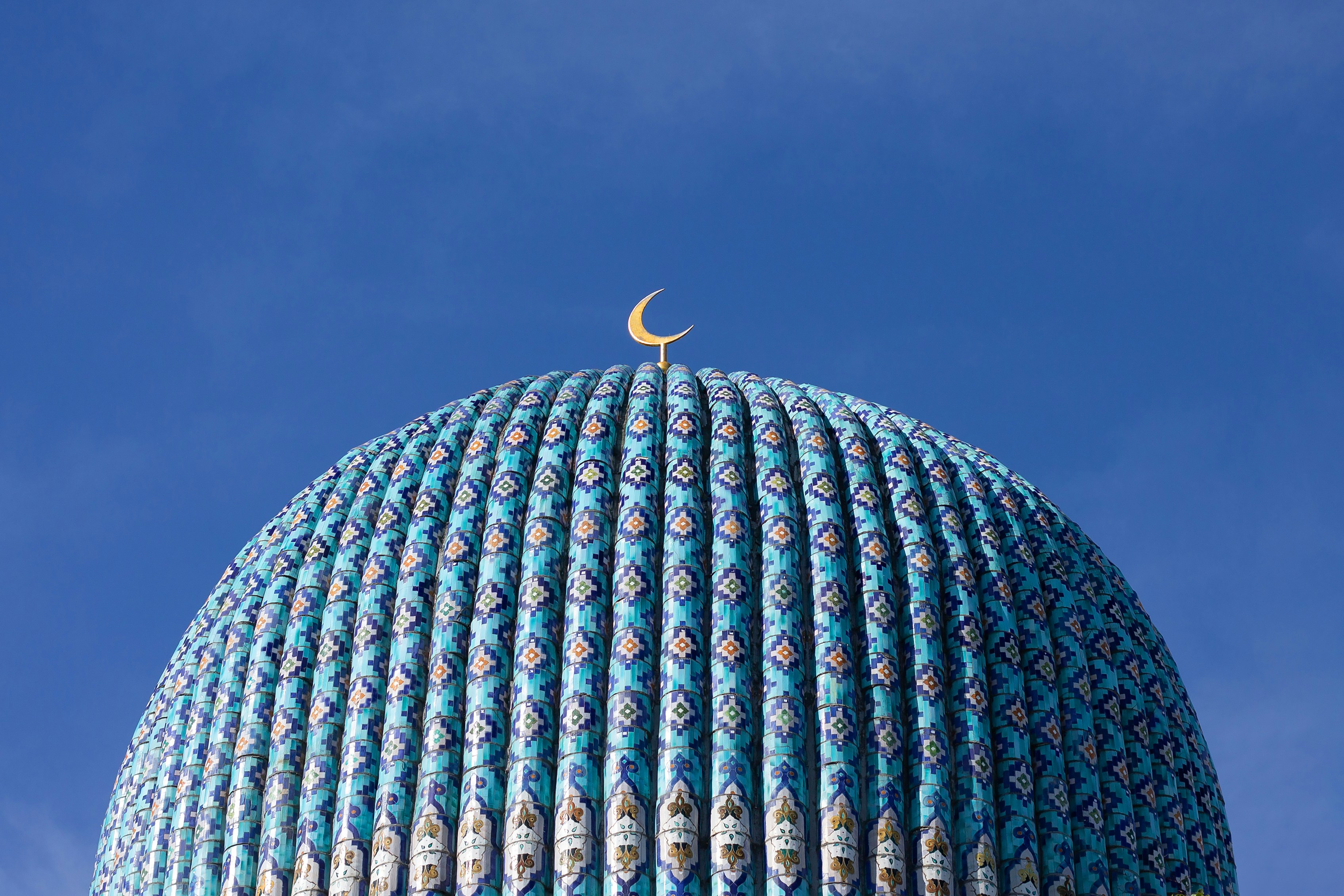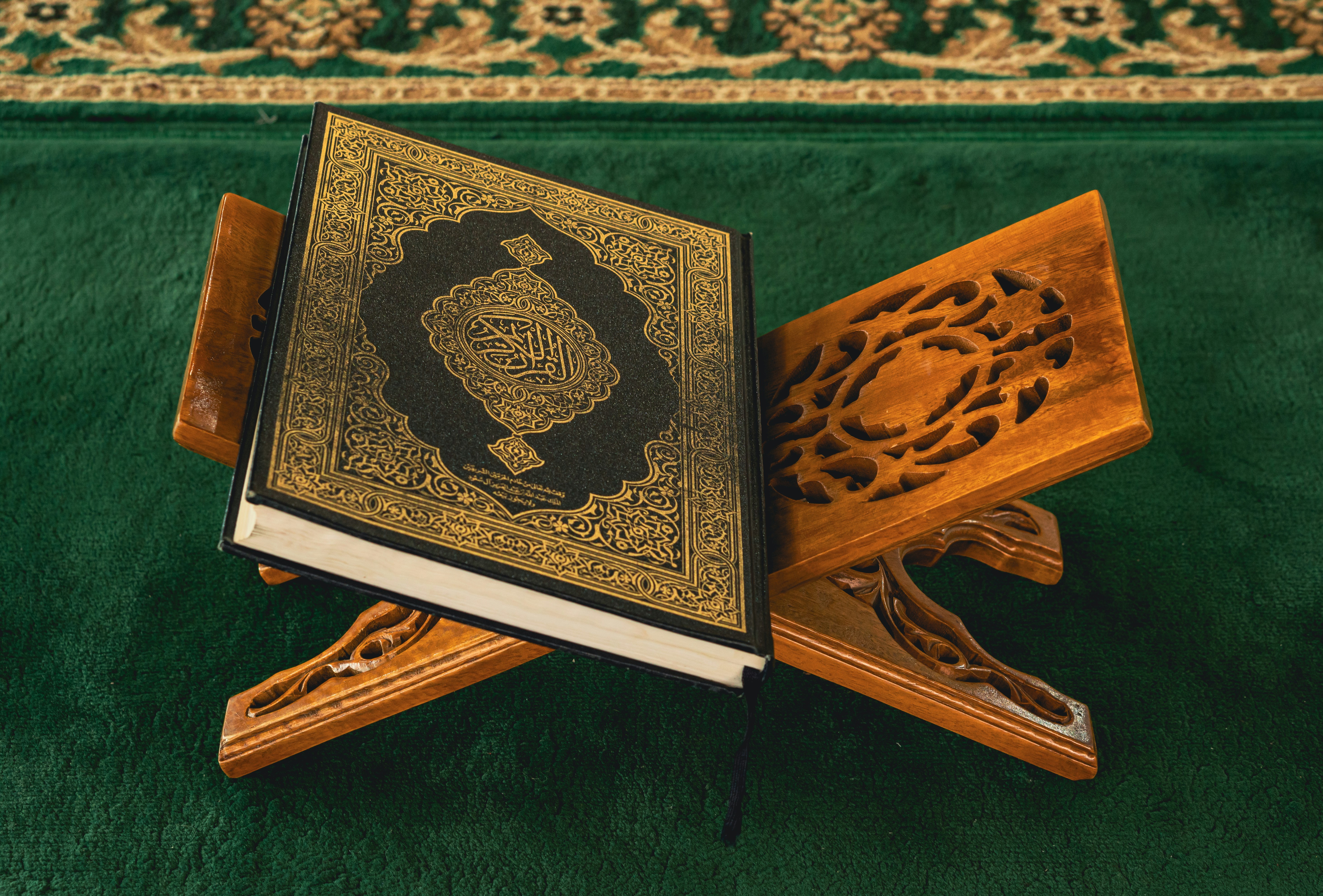(Rêve en Islam – Rêve Islam – Interprétation Rêve Islam)
Introduction.
Since the beginning of time, dreams have always intrigued humans. From the perspective of Islam, dreams are not merely a product of one’s imagination, but a passage to the world of spirituality. In Islamic culture dreams are not mere sleep occurrences, rather they are to be interpreted because they can bear considerable significance and potentially striking messages. The interpretation of dreams ? (interprétation rêve Islam) is a branch of knowledge based in the Qur'an, Hadith, and teachings left by Islamic scholars, muslim thinkers and intellects.
Throughout this article, we will delve into various domains, from the categories of dreams in Islam, to their transcendental significance in relation to Islam, and finally reveal what islam has to say regarding dream interpretation (rêve Islam).
Types of Dreams in Islam (Types De Rêves en Islam)
As per Islam, dreams are subdivided into three categories based on a well-known Hadith of Muhammad (PBUH):
- True Dreams (Ru’ya Sadiqa)
These dreams come from Allah (God). Such dreams are clear, explicit, and sometimes have a foretold occurrence. Profound dreams mostly offer consolation, guidance or warning. In the words of The Prophet (PBUH),
“A true dream is one of the forty six parts of prophethood.”
(Sahih al-Bukhari)
Both pious and ordinary believers are open to experiencing true dreams. These dreams are said to take place as a form of communication chosen by god.
- Dreams from the Nafs (Self or Ego)
The Nafs are dreams that are affected by a person’s emotions, thoughts and daily activities. Being psychological in nature, they depict urges, fear or even anxiety from the within. A person distressed due to anticipation of taking a test could either dream that they’ve aced the test or călători.
- Dreams from Shaytan (Satanic Influence)
These are very disturbing, frightening and confusing dreams aimed at inducing fear or distress. The prophet (PBUH) instructed that when one has bad dreams, they should:
Spit lightly three times towards one side,
Efughe l’alla – seek refuge with Allah from shaytan,
Keep the dream to one’s self
Dreams in the Qur’an and Sunna:
Islam possesses a captivating perspective on dreams as espoused in the Qur’an and Hadith. The different forms through which dreams are mentioned indicate their heightened significance relative to spirituality.
- Prophete Yusuf (Joseph) The most renowned islamic interpretation of a dream is located in surah Yusuf. Prophet Yusuf interpreted the dreams of his fellow prisoners and even of the king of Egypt; all this led him to be more powerful politically.
“Only then were my dreams brought to fruition:\ My Lord made what he wanted to be done, done.”
(Qur’an, 12:100)
- Prophet Ibrahim (Abraham) Islamic teachings highlight how Ibrahim was also initiated to dreams and incapable ideas. In Surah As-Saffat Prophet Ibrahim had a vision of sacrificing his son, this notion being an obligatory trial.
The above prove that dreams could be foresights, instructions or in the other way round divine-assed.
Interpreting Dreams in Islam (Interprétation Rêve Islam)
Such an action does not rely on mere chance in Islam. It is something solemn, requiring strict devotion of oneself that includes - deep understanding or knowledge of the religion. Some points worth noting about interpretation include?
Only dreams of importance and with sharp impressions left should be taken into consideration. Other dreams can be ignored. Not each detail in the dream requires to be analyzed.
The same trustworthy will assist.
Dependant the recipiant on their context and life experience, similar responses could lead to different approach and view for every individual.
The timing of a dream is important. It is said that dreams which are seen in the pre-dawn hours (before Fajr) carry greater weight.
Some symbols from dreams and their possible meanings according to classical scholars like Ibn Sirin:
Dream Symbol: Potential Interpretation
Water: Knowledge, purity, or trials
Snake: Enemy, danger, or hidden threat
Flight: Freedom, ambition, or escape from problems
Death: Change, rebirth, or ending of something
Kaaba: Strong faith, pilgrimage, or high status
Etiquette Regarding Dreams (Adab des Rêves en Islam)
Islam encourages believers to observe a set of etiquettes concerning dreams:
Good dreams should be shared only with people who cherish you or wish you well.
Bad dreams should not be shared with anyone.
Always thank Allah after a good dream.
If one is disturbed by a nightmare, they must perform wudu and pray.
Are All Dreams Trustworthy?
Not all dreams hold meaning. While rêve en Islam can carry some weight spiritually, one should keep in mind:
Only Prophets had the means of receiving revelation via dreams and with complete accuracy.
Believers may possess true dreams, but they do not serve as a source of Sharia law.
Decisions should always be validated with real-world references such as, the Qur'an, Sunnah, and consultation, rather than solely relying on dreams.
And, Finally…
The idea of dreams in Islam (rêve Islam) is multifaceted with mysticism. Not every sleep ‘message’ is a signal from above, nonetheless, some do possess great importance. Islam urges followers to regard their dreams seriously and to seek erudite counsel when necessary.
In Islam, dreams do not belong to the category of night fantasies. Rather they may be signaled messages that require gentle nudges, reflection, or even exploration of the self. The process of dream interpretation (interpreation rêve Islam) entails great thoughtfulness, spirituality and a close relationship with the religion.



